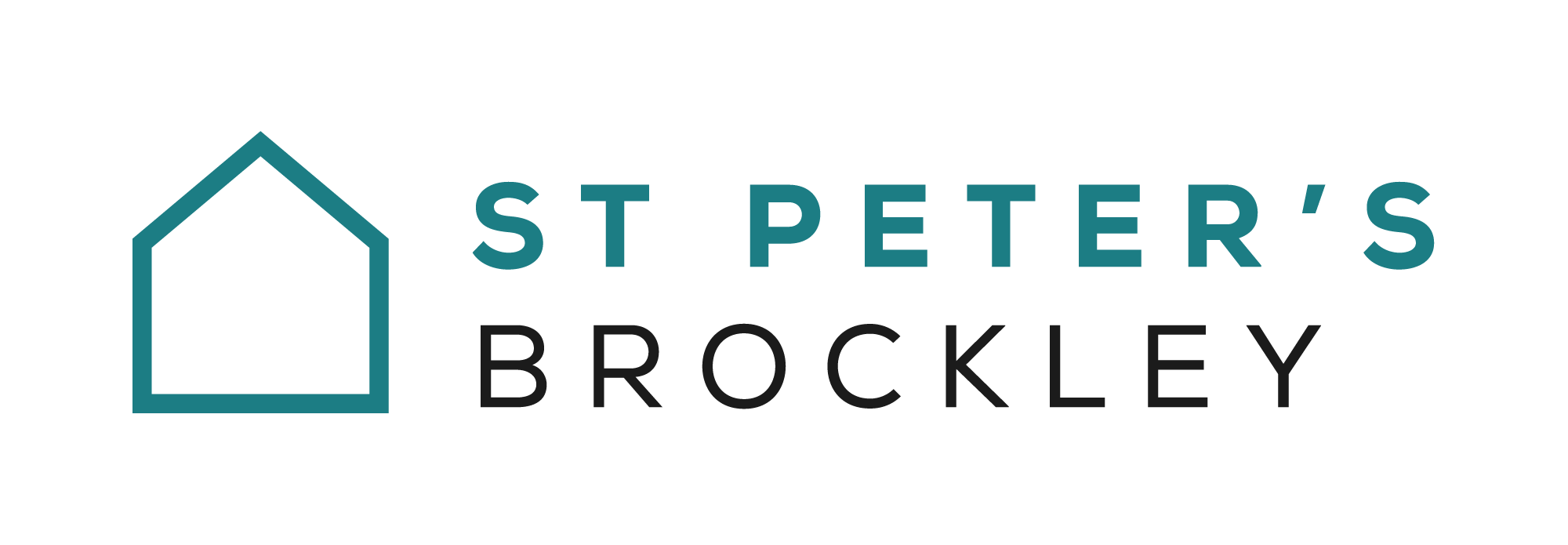ELECTORAL ROLL INFORMATION
General matters
We use the personal data you provide on the electoral roll application form to enable us to manage, maintain and publish the electoral roll in accordance with Church Representation Rules. The information contained within your application may also be shared with other bodies that form part of the wider Church of England.
Under the Church Representation Rules, any lay person is entitled to have their name entered on the church electoral roll if they are baptised, aged 16 or over and meet all of the other applicable requirements.
The only Churches at present in communion with the Church of England are other Anglican Churches and certain foreign Churches, as listed in the Supplementary Material to the Canons (but note Rule 83(3) of the Church Representation Rules, which provides for any question as to whether a particular Church is in communion with the Church of England to be decided by the Archbishops of Canterbury and York acting jointly).
Membership of the electoral roll is also open to members in good standing of a Church not in communion with the Church of England which subscribes to the doctrine of the Holy Trinity where those members are also prepared to declare themselves to be members of the Church of England.
Every six years a new roll is prepared and those on the previous roll are informed so that they can reapply. If you are not resident in the parish but were on the roll as a habitual worshipper and have been prevented by illness or other sufficient cause from worshipping for the past six months, you should complete declaration Option C or Option E.
If you have any problems with this Form, please approach the clergy or lay people responsible for the parish, who will be pleased to help you.
In this Form ‘parish’ means ecclesiastical parish.
Use of email addresses and other personal data
You do not have to provide an email address on this Form. If you do provide one, the Parochial Church Council and the electoral roll officer are entitled to use that email address to communicate with you in connection with the maintenance or revision of the Roll or the preparation of a new Roll or with elections to or membership of the Council.
The Church Representation Rules impose certain requirements for your name and address to be given to a third party, such as the diocesan electoral registration officer, in connection with elections to or membership of a deanery synod, diocesan synod or the House of Laity of the General Synod. If you provide an email address on this Form, it will be given to the third party along with your postal address.
A third party to whom your name and address have been given under the Church Representation Rules is in certain cases required by the Rules to pass them on to another person, such as the presiding officer in a synodical election. If you provide an email address on this Form, that email address will be given to the other person along with your postal address.
Any person to whom your email address or other personal data is given under the Church Representation Rules is required by those Rules to hold the data securely. Furthermore, if you do provide an email address on this Form, that does not give anybody the right to use it for any purpose other than those permitted by the Rules; so it cannot, for example, be used for social matters or fund-raising.
The roll is published after each annual revision and after the preparation of a new roll. The published roll will include your name (as well as the name of every other person on the roll) but none of your other personal data (as defined by the Data Protection Act 2018) will be made public as a result of your inclusion on the roll.

